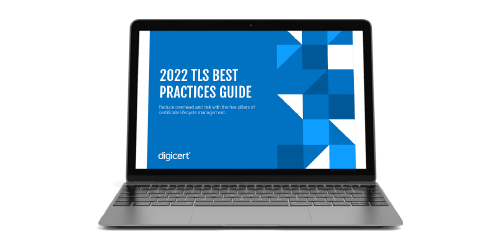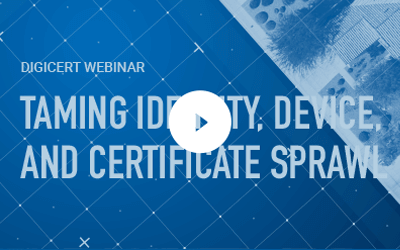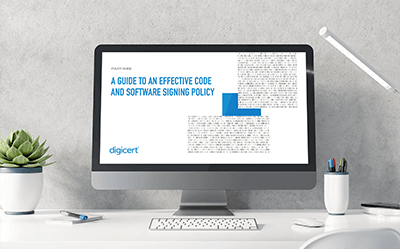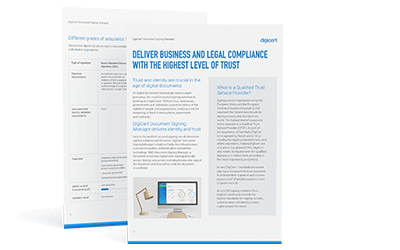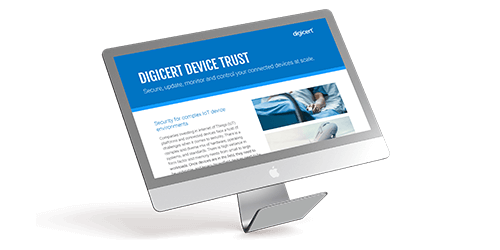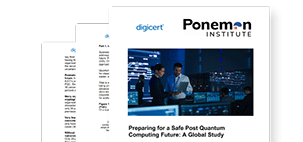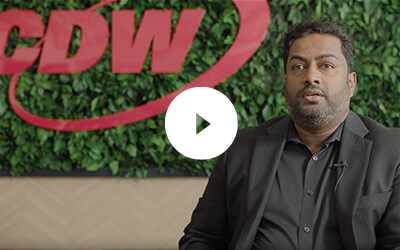
Insights: Compliance
The case for
compliance
With proactive compliance, you don’t have to wait
for something to break in order to fix it. That’s
digital trust for the real world.
Compliance is the root of trust
A doctor who didn’t go to medical school. A pilot without a license. A judge who didn’t pass the bar exam. Without an empirical baseline defining the requirements for operation within an industry, there’s no way to set a professional, societal and legal baseline—and no way to prevent malpractice or even malicious intent.
In other words, there is no trust.
That’s the role of compliance—establishing an official and broadly accepted common denominator of trust. But there’s a massive difference between being passively compliant and proactively practicing compliance. Think of it this way: would you rather fly with a pilot who met the minimum licensing standards, or one who was actively keeping up to date on the latest practices and developments?
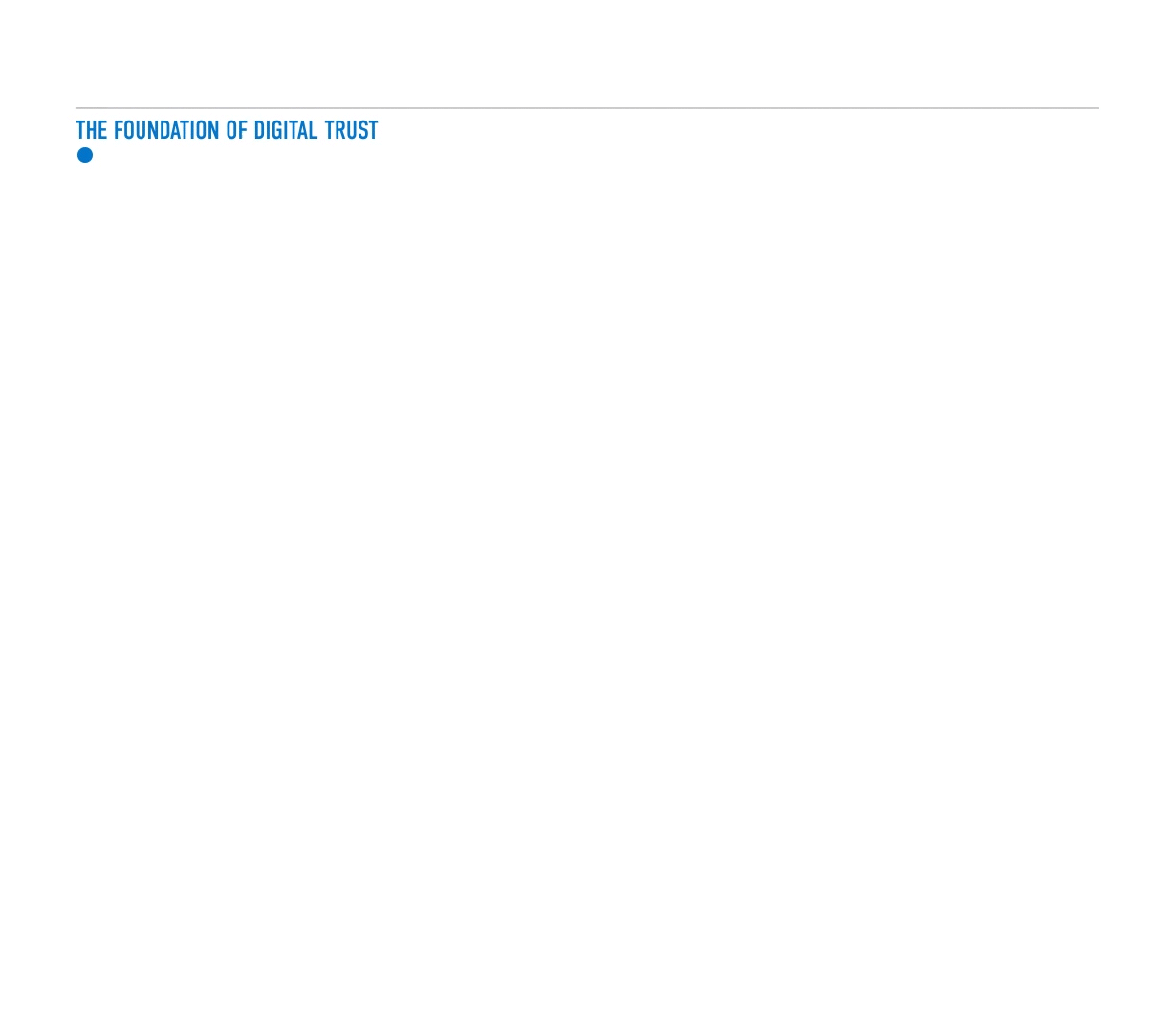
Setting the standard in standards
The key to ensuring ongoing compliance—and ensuring that the compliance requirements themselves set an adequate baseline—is active collaboration and participation in the governing bodies that define the standards.
DigiCert has a long-standing role within the CA/B Forum, including leading working groups tasked with the continued advancement of global standards for TLS/SSL, S/MIME, and code-signing certificates. We are also deeply involved in a wide range of global industry bodies that set the requirements for our sector, from LAMPS and Post-Quantum Cryptography to electronic signatures and financial services.

DigiCert global standards and governance leadership
DigiCert is actively involved in the following cybersecurity governing bodies:
- CA/B Browser Forum
- NIST
- NCCoE
- IETF
- ETSI / ESI
- ISO
- ANSI (particularly the X9 Financial Services PKI Group)
- The Zigbee Alliance
- AuthIndicators Working Group
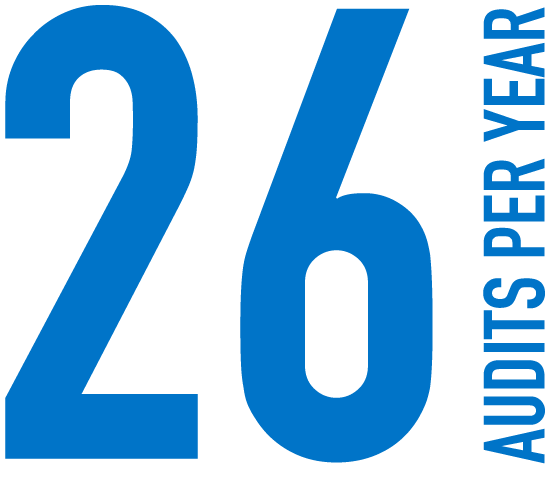
Proving the proactive approach
Every audit is an opportunity for improvement. And we run more audits than anyone in the industry.
As part of our data-driven approach to compliance, DigiCert runs 26 annual audits that span the full scope of our business and global footprint.
Benefits of a data-driven approach to compliance audits
It’s not enough to simply run audits. Consistently performing thorough data and pattern analysis to identify and map trends provides powerful benefits:
Risk reduction and enhanced threat detection
Because standards are a static baseline, monitoring dynamic data in the field allows us to identify and adapt to new and evolving threats before they become widespread. This not only reduces our own risk, but also helps us to reduce the overall risk for our customers and the security industry as a whole.
Optimized products and services
By analyzing trends across the full range of our products and services, we’re able to identify specific areas for improvement and establish a solid development roadmap.
Better training, policies, and processes
The better our information, the better we are able to train our employees to ensure a cohesive culture of compliance across every department.
Predictive modeling
The key to maintaining our position as a trusted leader in digital trust is a deep and forward-looking understanding of the industry landscape. By using current data to model future trends, we’re better able to anticipate future needs and innovate new solutions.
Faster decision making
A more complete picture of our products and services means we’re better equipped to make critical decisions and much faster to react to any issues that arise.
Building a community of compliance
The purpose of compliance is creating a stronger foundation of trust for everyone. That’s why we actively work to detect potential problems both internally and externally, and transparently share our findings with other organizations. By collaborating and comparing data with other Certificate Authorities and Digital Trust Providers, the industry itself becomes stronger. And that means better outcomes for everyone.


